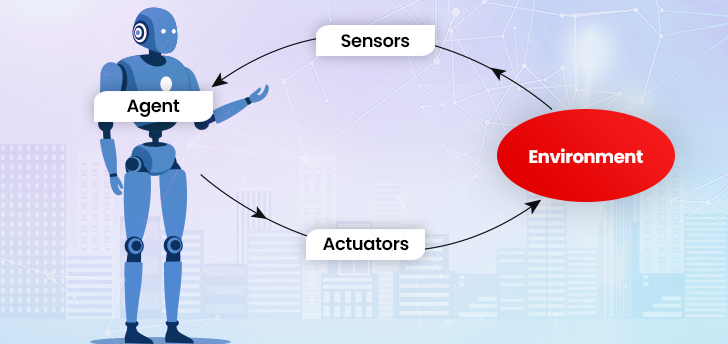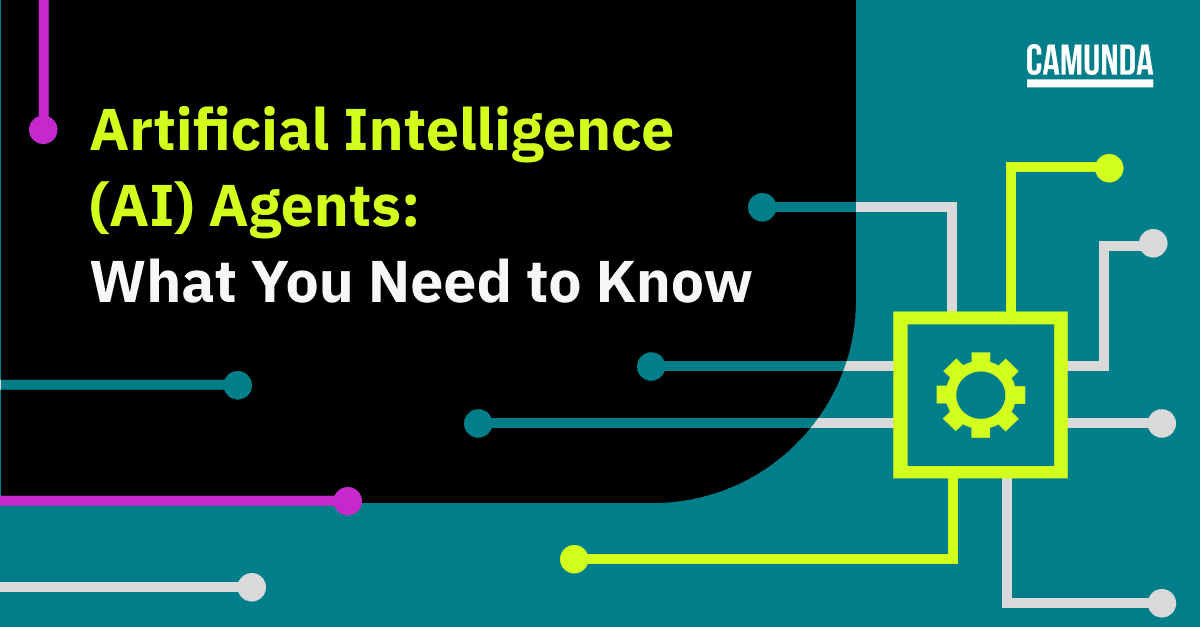Recommended News On Choosing An AI Agent Site For Business
Recommended News On Choosing An AI Agent Site For Business
Blog Article
Ai Agents: 10 Ways Businesses Can Use Them To Reduce Manual Errors In Financial Operations
Here are 10 suggestions on how companies can utilize AI agents to minimize the chance of making mistakes in financial operations:
1. Automated Data Entry
AI eliminates data entry errors by:
Making use of OCR (Optical Character Recognition) and NLP (Natural Language Processing) to extract information from receipts, invoices, as well as financial documents.
In order to avoid manual entry, data can be synced with financial software directly.
2. Smart Validation Rules
AI ensures data accuracy by:
Cross-referencing inputs to established rules, historical data, and external sources.
Notifying errors such as mismatched totals and duplicate entries or formats that are invalid in real time.
3. Utilize Real-Time Anomaly Identification
AI identifies discrepancies by:
It is crucial to keep an eye on financial transactions for anomalies or patterns out of the ordinary.
Informing users about potential fraud or mistakes before they escalate.
4. Standardize Financial Processes
AI assures consistency:
Automate repetitive tasks like invoice generation, tax calculation, as well as journal entries.
Reducing the variance in manual processing between teams.
5. Predictive analytics
AI minimizes forecasting errors by:
Analyzing real-time and historical data can provide precise forecasts of cash flow, revenues or expenses.
Recognizing areas that are susceptible to discrepancies. Recommending corrective measures.
6. Automate Reconciliation Processes
AI improves the accuracy of account reconciliation.
Automated matching of ledgers to transactions. Invoices and bank statements.
Highlight unmatched items to aid in solving problems faster.
7. Deploy Intelligent Approval Workflows
AI reduces human oversight errors by:
Routing of financial approvals according to pre-configured requirements.
Ensure that the all transactions meet the requirements before moving forward in the workflow.
8. Conduct regular data audits
AI simplifies audits by:
Always monitor and validate the financial records to ensure they are in compliance.
Producing audit-ready reports with detailed track of any changes and corrective actions.
9. Integrate AI and existing financial systems
AI reduces integration errors by:
Data can be synchronized seamlessly between accounting, ERP and CRM platforms.
Consistency is vital to avoid data silos or mismatched entry.
10. Help AI Users Train Effectively
AI works best with educated users.
Help employees learn how to effectively utilize AI and AI-generated insight.
Encourage AI to be more accurate when monitoring critical decisions.
By using these strategies, businesses will be able to reduce the chance of making mistakes manually and improve the efficiency of their operations and also free up resources they can put on strategic financial initiatives. Take a look at the recommended AI agent for Finance for more recommendations including AI agent for supplier consolidation, AI agent for treasury management, AI agent for quality monitoring, AI agent for complAInt resolution tracking, AI agent for accounts receivable, AI agent for response time monitoring, AI agent for content creation, AI agent for password expiry notifications, AI agent for digital marketing, AI agent for information technology and more.
Ai Agents: 10 Ways To Integrate With Existing Systems Seamlessly
Here are 10 ways AI agents can seamlessly integrate into existing financial systems:
1. Automated Data synchronization Across Systems
AI agents ensure a smooth data flow through:
Data sync between CRM, ERP and accounting systems.
Eliminating manual data entry and ensuring uniformity across every platform.
2. Real-Time Transaction Processing
AI agents are able to enable real-time processing by:
Integrate with banks, financial platforms and payment gateways so that you can process transactions instantly.
Be sure that the financial data is current by making changes immediately to records across multiple systems.
3. Cross-System Reconciliation
AI agents assist in reconciling data from various systems.
Automatically matching transactions between accounting, ERP and payments platforms.
Automatically identifying discrepancies and repairing them automatically and resolving.
4. Unified Reporting and Dashboards
AI agents produce a unified report through:
The dashboard can aggregate data from various financial systems.
Real-time insight into financial performance and accuracy for making the right decisions.
5. Seamless API Integrations
AI is able to be integrated with existing systems using APIs.
Application Programming Interfaces allow AI agents to be linked to existing software.
AI agents can be programmed to process data, push it across systems, and retrieve it.
6. Workflow Automation Between Platforms
AI agents can automate workflows:
Automating processes like invoice creation, approvals and payment by integrating systems.
Enhancing the efficiency and accuracy of financial processes by cutting down on the manual involvement.
7. Intelligent Document Management
AI can be used to manage documents in various systems.
Making use of Optical Character Recognition (OCR) and Natural Language Processing (NLP) to identify and classify data from contracts, invoices, or receipts.
The information can be automatically uploaded to the systems that are appropriate (e.g. accounting systems or documents management systems) to store the data and for access.
8. AI-Driven Customer Relationship Management
AI can be integrated into CRM through:
The analysis of customer data through financial systems and providing customized financial products and services.
AI analyses are used to automate the updating of the customer's record with details like payment patterns and the history of transactions.
9. Fraud Detection Across Financial Systems
AI enhances fraud detection by:
Continuously reviewing transaction data across integrated financial platforms to identify irregularities.
Notifying the relevant stakeholders about potential fraudulent activity in all systems.
10. Predictive Analytics Integration
AI integration with financial forecasting tool by:
Examining the data of accounting, sales and payment systems to predict the flow of cash, revenue and expenses.
This predictive data should be incorporated into financial planning programs for better forecasting.
Businesses can boost efficiency, improve accuracy and speed up workflows by using AI agents that seamlessly integrate with financial systems. Have a look at the pro AI agent for Information Technology for site info including AI agent for self-service portal management, AI agent for accounts receivable, AI agent for employee benefits management, AI agent for trAIning and development, AI agent for supplier relationship management, AI agent for accounts payable management, AI agent for performance documentation, AI agent for contract expiration tracking, AI agent for appointment scheduling, AI agent for ticket reopening monitoring and more.
10 Ways Companies Can Make Use Of Ai Agents To Adhere To Compliance And Regulations
Here are 10 ways AI agents can assist your business adhere to the rules and regulations governing financial operations.
1. Automating Regulatory Compliance
AI agents improve reporting through:
Automatically produce compliance reports as required by regulatory agencies.
ensuring that all required documents are in order on time decreases the risk for fines due to late filings.
2. Real-time monitoring of transactions
AI helps ensure adherence to anti-money laundering (AML) and know-your-customer (KYC) rules by:
Continuously monitor transactions with financial institutions to identify suspicious transactions.
Reporting transactions that are in violation of regulations on compliance. For instance, transactions that are unusual or large in size or transactions crossing border lines that need extra surveillance.
3. Automated audits, validation of data and verification
AI agents assist in audits:
Performing automated checks to make sure that the financial records and transactions conform to internal policies and external rules.
Check for accuracy and completeness of the financial information. Be aware of any issues, mistakes or issues that could affect compliance.
4. Maintaining data security and privacy
AI can help meet data protection regulations (e.g., GDPR) by:
The encryption of sensitive transaction and customer data ensures that they are securely saved and transferred.
Automately manage consent preferences to ensure that personal information is only used in accordance with the law.
5. AI-Powered Fraud detection
AI helps to prevent fraud by:
Analyzing patterns of transactions is a constant procedure to identify fraud or irregularities that might be not in compliance with financial regulations.
Machine learning algorithms assist in predicting and identify possible fraud risks. This reduces the likelihood of violations to financial or legal standards.
6. Change Recognition in the Regulatory Law
AI helps businesses stay current by:
Monitor changes to relevant financial regulations such as taxes and reporting obligations.
Automate the updating of internal processes and systems regularly to ensure compliance with the latest updates to the regulatory framework.
7. KYC Compliance (Know Your Customer - Know Your Customer)
AI assists in compliance by:
Automating KYC compliance by automating the process of customer identification.
The analysis of customer data can help identify potential money laundering activities through comparing the behavior of customers to established risk profiles.
8. Risk Assessment and Management
AI helps improve compliance risk management by:
Constantly analysing compliance risks and forecasting them by analyzing financial transactions and historical data.
Recommending actions to reduce identified risk and ensure the compliance with regulatory frameworks.
9. Analyzing Contracts and Documents
AI improves compliance through:
Utilize natural language processing (NLP) to analyse legal documents like contracts, agreements and other documents in order to determine if they conform with regulations.
Companies can prevent legal violations by proactively flagging clauses and phrases that could be in conflict with the law.
10. Tax Compliance Software
AI reduces tax compliance:
Automating tax calculation and filing will ensure that firms adhere to tax laws and meets deadlines.
The analysis of transaction data to discover tax opportunities like exclusions, deductions, or other tax benefits while avoiding errors which could result in penalties.
AI agents can aid firms ensure they're in strict compliance with the rules, limit the risk of errors and omissions, and keep current on regulatory changes. AI agents' ability to automate and monitor changing requirements, while also changing to meet them, makes them an indispensable tool for ensuring compliance with regulatory requirements. See the pro AI agent for Purchase Order Optimization for website advice including AI agent for subscription renewal, AI agent for supplier contact management, AI agent for human resources, AI agent for employee benefits management, AI agent for tax management, AI agent for customer credits, AI agent for customer credits, AI agent for compliance documentation, AI agent for customer account management, AI agent for server performance monitoring and more.